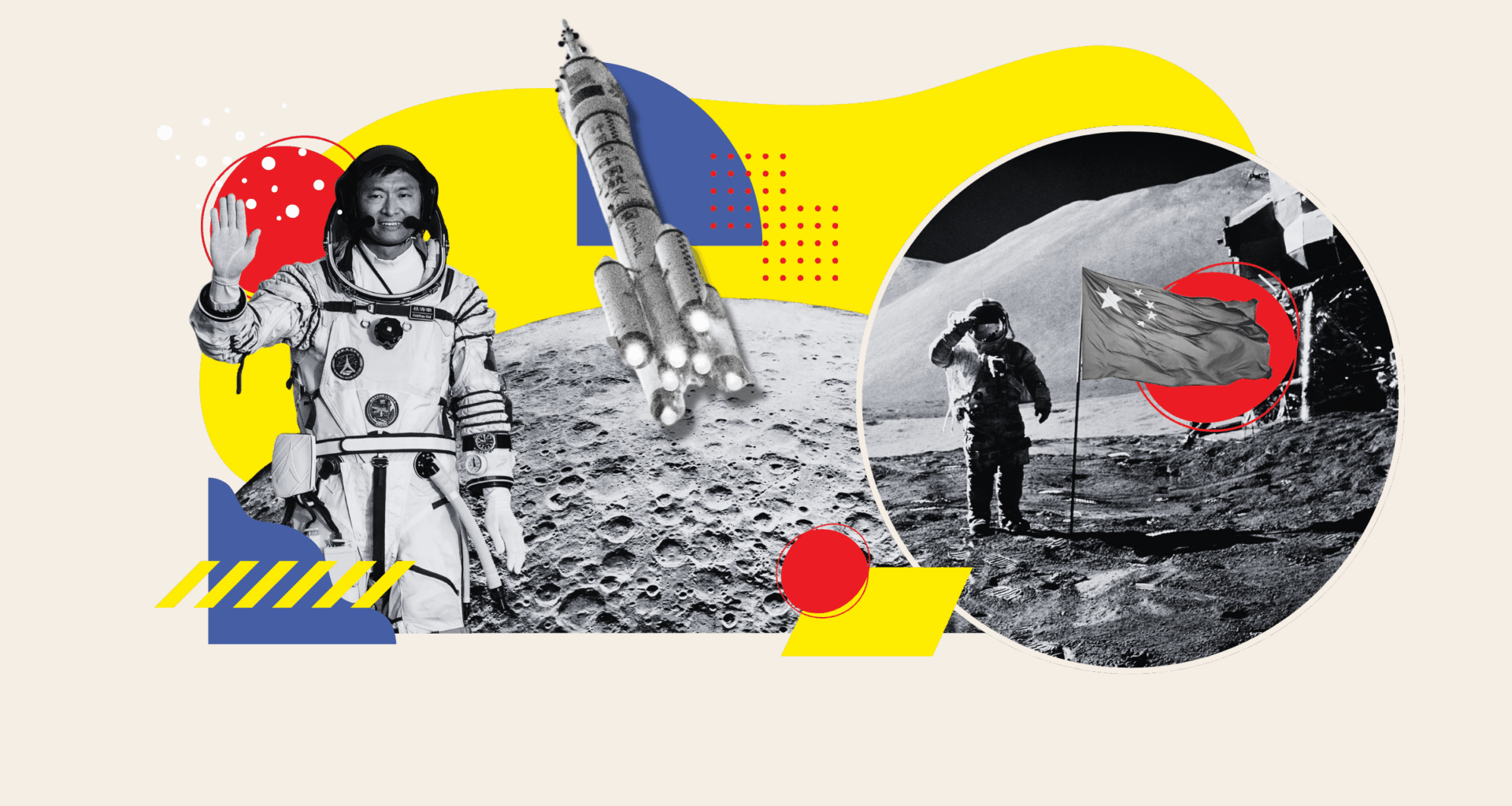Colonel Terry Virts, a former NASA astronaut and commander of the International Space Station (ISS), has told Newsweek he think’s China could “absolutely” win the “second space race” by landing another human on the moon before the United States does.
Newsweek contacted NASA for comment via email on Friday outside of regular office hours.
Why It Matters
In 1969 the U.S. became the first country in history to land astronauts on the moon in a major boost for American prestige worldwide. This took place against the backdrop of the “space race” against the Soviet Union, America’s main geopolitical rival at the time, which had successfully put the first astronaut into orbit during in 1961.
China has emerged as America’s new chief rival, with the duelling superpowers currently clashing over trade, human rights and the sovereignty of both Taiwan and the South China Sea. Beating the U.S. back to the moon would give Beijing a big status boost across the globe.
What To Know
Asked by Newsweek whether there is “a serious chance China might win the second space race,” meaning getting an astronaut to the moon before the U.S. does, Virts replied: “Absolutely. Have you seen America’s political system recently? They absolutely might.”
He later added: “If China wins that race to the moon, if they send the next astronauts to the moon, the whole world is going to say, wow, America had a great century. The 20th century was a great American century. The 21st century is the Chinese century.”
China has said it plans to land three astronauts on the Moon by 2030.
In January, Virts will attempt to secure the Democratic nomination for the Texas Senate seat currently occupied by Republican John Cornyn, with the final contest in November 2026.

Former NASA astronaut Terry Virts has warned China could beat the U.S. back to the moon.
Former NASA astronaut Terry Virts has warned China could beat the U.S. back to the moon.
Photo-illustration by Newsweek/Getty
The former astronaut, who served as commander of the ISS in 2015, also hit out at NASA funding cuts, with a proposed 2026 White House budget slashing the agency’s funding by 25 percent and reducing its workforce to the lowest level since the early 1960s.
He said: “They’re cancelling important undergraduate and graduate research at universities, tens of thousands. I just saw we had 90,000 research positions, which is getting cut down to 20,000.
“That destroys the American science institution for medicine, for space, for weather, for all kinds of science. This administration and the Republican Party hate science. They hate knowledge. They hate education. They’re doing all they can to destroy it. That needs to stop.”
What People Are Saying
During the interview Virts said: “The moon program is a real problem. Do we want to go there and build a big village that just stays in one place and we have a moon base? Or do we want to go there with a small crew, small vehicles, that we can land on the moon and use that as a testing ground to go onto Mars? I don’t know. We don’t have that as our national vision.”
Speaking in December 2024 then NASA Administrator Bill Nelson said: “Space is demanding. And we, and our industry and international partners, need this time to make sure that the Orion capsule is ready to safely deliver our astronauts to deep space and back to Earth.”
During his inauguration speech on January 20 President Donald Trump said: “We will pursue our manifest destiny into the stars, launching American astronauts to plant the stars and stripes on the planet Mars.”
What Happens Next
NASA hopes to return American astronauts to the moon in the next few years, though the deadline has already slipped significantly. In December 2024 NASA said its planned date for Artemis 2 moon mission, which would take astronauts around the moon, had been delayed from September 2025 to April 2026, while a planned landing with Artemis 3 went from late 2026 to mid-2027.

